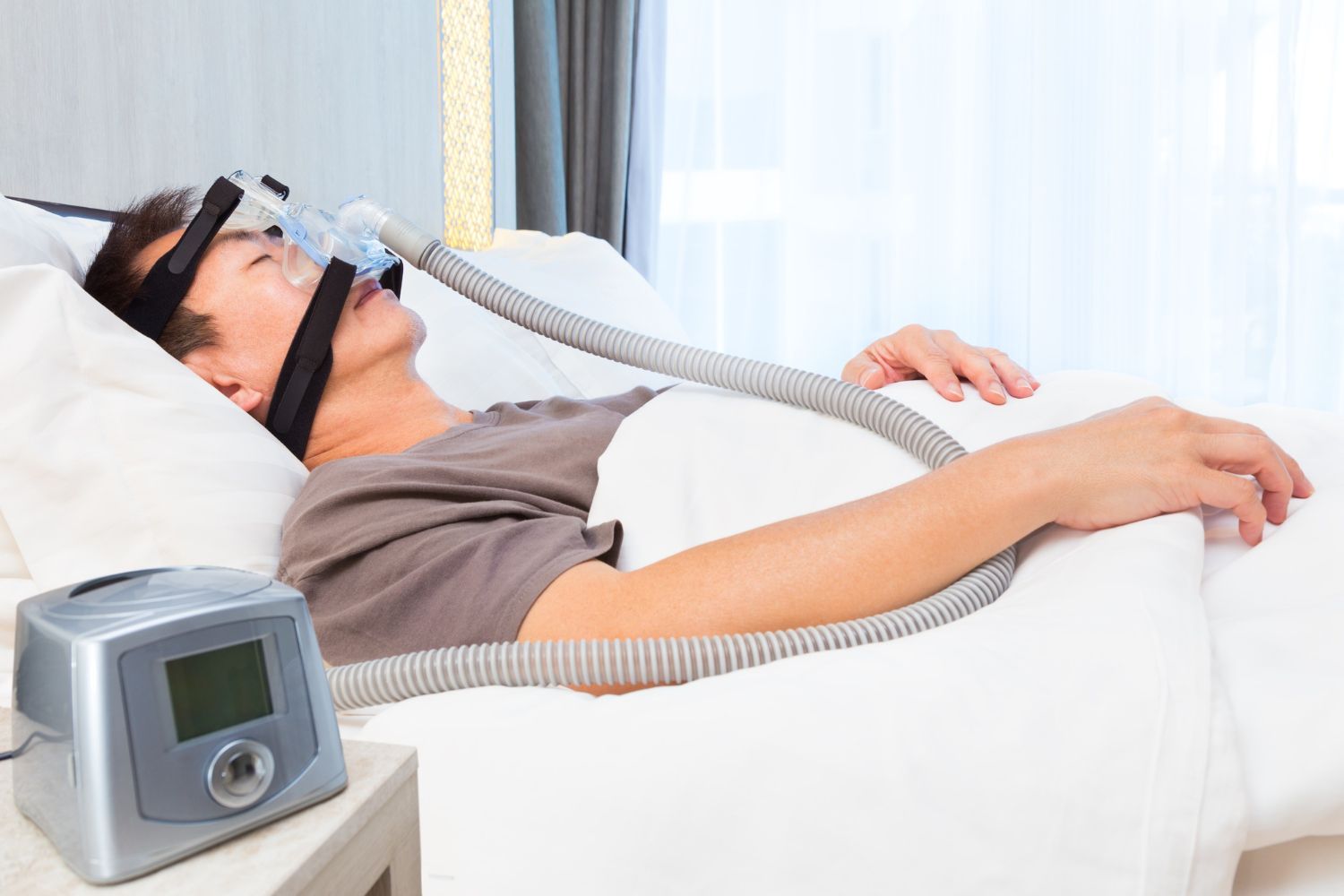Chronic Fatigue and 7 Types of Rest

Chronic fatigue is a prevalent issue that affects millions of people worldwide. While sleep apnea is often associated with chronic fatigue, it is essential to understand that it is just one potential source of this condition.
To truly address chronic fatigue, a holistic perspective is usually required. In a thought-provoking TedX talk by Dr. Saundra Dalton-Smith, she discusses the concept of the “Rest Deficit” and highlights the importance of seven different types of rest in combating chronic fatigue.
Watch the TedX talk here: https://www.youtube.com/watch?v=ZGNN4EPJzGkIt’s less than 10 minutes and worth every second!
Dr. Dalton-Smith begins by introducing the concept of the “Rest Deficit,” a state in which we fail to replenish our seven essential types of rest. She argues that our society places a significant emphasis on productivity and overlooks the importance of rest, leading to chronic fatigue and burnout.
Physical Rest: Physical rest refers not only to sleep but also to intentional periods of relaxation and rejuvenation throughout the day. Dr. Dalton-Smith emphasizes the need for quality sleep and the importance of allowing our bodies to recover from physical exertion.
Mental Rest: Our minds constantly process information, which can lead to mental fatigue. Dr. Dalton-Smith highlights the significance of mental rest, which involves quieting the mind, engaging in activities that promote relaxation, and taking breaks from cognitive tasks.
Sensory Rest: In today’s fast-paced world, our senses are bombarded with stimuli. Sensory rest involves minimizing sensory input and finding moments of calm in our surroundings.
Creative Rest: Creative rest involves engaging in activities that stimulate our creativity and imagination. Dr. Dalton-Smith encourages individuals to pursue hobbies, explore new interests, and give themselves permission to daydream.Emotional Rest:Emotional rest refers to addressing and processing our emotions. Dr. Dalton-Smith highlights the importance of creating healthy boundaries, practicing self-compassion, and seeking support from loved ones or professionals when needed.
Social Rest: Social rest involves nurturing healthy relationships and setting boundaries in our interactions with others. Dr. Dalton-Smith emphasizes the need for meaningful connections and encourages individuals to prioritize quality over quantity when it comes to social engagements.
Spiritual Rest: Dr. Dalton-Smith highlights the significance of spiritual rest, which involves connecting with something greater than ourselves, finding purpose and meaning in life, and engaging in activities that align with our values and beliefs.
While addressing the seven types of rest is crucial for combating chronic fatigue, it is important to recognize that sleep apnea can be a contributing factor to fatigue and diminished overall well-being. Treating sleep apnea is a vital piece of the puzzle for general health improvement.
At Great Sleep Dental, we offer an alternative to CPAP therapy in the form of a dental device. This device helps alleviate sleep apnea symptoms by repositioning the jaw and opening the airway during sleep.
If you or a loved one are struggling with sleep apnea, we invite you to contact us at Great Sleep Dental for a no-obligation consultation with Dr. Bagdonas:
Website: www.greatsleepdental.com
Email: info@greatsleepdental.com
Phone: 617-328-4050











